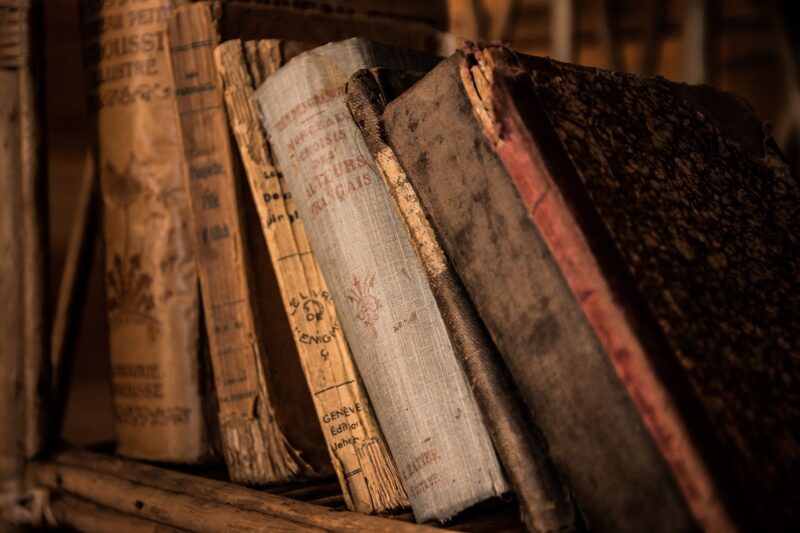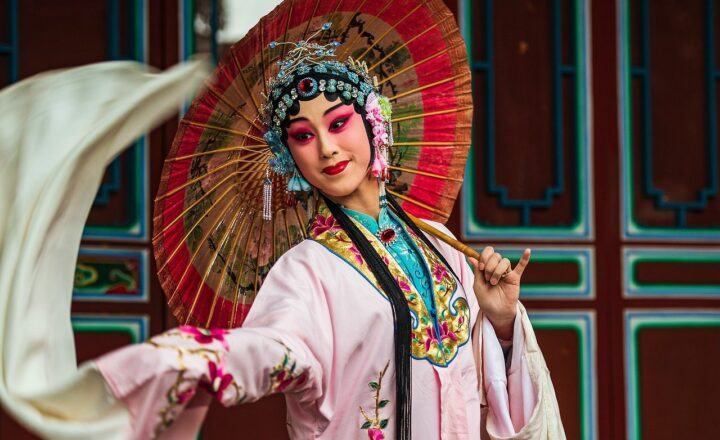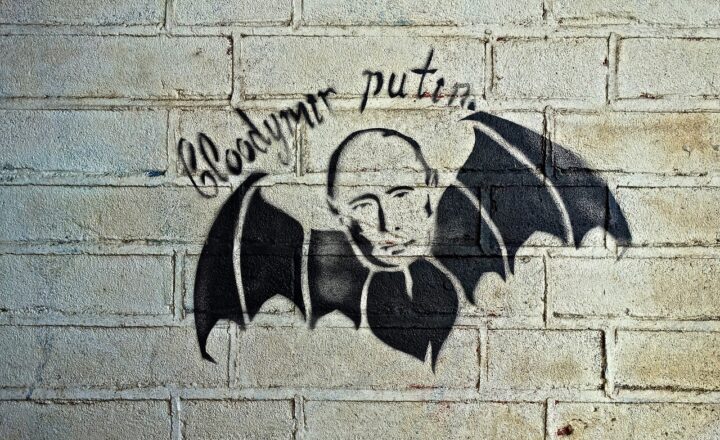From Novels to Nerds: The Influence of Literature on Pop Culture
November 18, 2024

Literature has been a foundational element of society that shapes our understanding of the world, our cultures, and even our identities. It’s no surprise that literature has left an indelible mark on pop culture over the years. Today, the impact of novels, both classic and contemporary, reaches many facets of modern entertainment, from movies and television shows to video games and fashion.
In this article, we will explore how literature influences pop culture, its significance in shaping identities, and how various literary works translate into modern formats, resonating with audiences worldwide.
1. The Bridge Between Literature and Pop Culture
Literature, by its very nature, is a reflection of culture. It captures the zeitgeist of different eras, the struggles of societies, and the nuances of human experiences. As new literary works emerge, they pull from cultural influences and simultaneously imprint on them.
Pop culture, on the other hand, often serves as a medium through which literature is disseminated. The cross-pollination between the two has led to numerous adaptations and reinterpretations of stories that were once captured within the pages of a book.
For instance, the iconic Shakespearean plays have transcended time, giving rise to numerous adaptations in movies, musicals, and television dramas. Modern adaptations like **West Side Story** and **The Lion King** take classic stories and rework them into formats that appeal to contemporary audiences while maintaining their literary essence.
2. Literary Themes in Pop Culture
Many themes explored in literature find their way into pop culture, creating a familiar thread that audiences quickly recognize and relate to. Universal themes such as love, betrayal, heroism, and social justice resonate strongly with audiences across all age groups.
For example, the theme of the **hero’s journey**, popularized in Joseph Campbell’s work, has become a staple in film and television narratives. Movies such as **Star Wars**, **The Lord of the Rings**, and even superhero franchises showcase this theme, indicating how literature shapes narrative structures in modern storytelling.
Additionally, contemporary literature, such as the **Harry Potter** series, has spawned an entire subculture that intertwines with fashion, language, and fan communities, thus illustrating literature’s extensive influence on pop culture. The terms coined in the series, like “Muggle,” have entered the lexicon, demonstrating literature’s role in shaping cultural norms and identities.
3. Literary Adaptations in Film and Television
Adapting novels into films and television series has become a dominant trend in the entertainment industry. Major studios often seek stories from literature to capture audiences, combining established narratives with visual storytelling.
Take, for instance, the successful adaptations of **The Great Gatsby**, **Pride and Prejudice**, and **The Handmaid’s Tale**. Each adaptation showcases how literature can evolve while being remixed to reflect contemporary sensibilities and attract new audiences.
These adaptations not only introduce literary works to the masses but also lead to conversations about the source material, enhancing public interest in reading. According to a study, film adaptations often lead to a marked increase in book sales, highlighting the symbiotic relationship between literature and cinema.
4. Video Games: A Modern Literary Medium
In the digital age, video games have emerged as a novel form of storytelling, blending traditional literature with interactive experiences. Many video games draw inspiration from literary classics or incorporate literary elements into their narratives.
For instance, **The Last of Us** utilizes a richly developed storyline similar to that of contemporary novels, presenting themes of survival, loss, and the human condition. The game immerses players in an emotionally charged narrative, making them active participants in the story rather than passive consumers.
Similarly, games like **Bioshock** and **The Witcher** often weave intricate plots that echo through the pages of classic literature, inviting players to explore complex characters and moral dilemmas. Through narrative depth, these games reflect literature’s narrative structures while engaging audiences in a novel format.
5. The Role of Literary Fashion Trends
Fashion, as an aspect of pop culture, draws inspiration from literary works, creating styles that echo the themes and characters captured in books. Iconic characters, such as **Jay Gatsby** or **Holden Caulfield**, have influenced fashion trends that reflect their lifestyles and ideologies.
Recent collaborations between fashion designers and literary franchises, such as the **Harry Potter** x **Uniqlo collection**, show how literature continues to impact fashion culture. This coupling not only allows fans to express their affinity for respective literary works but also provides a tangible connection to their beloved characters, demonstrating the multifaceted influence of literature on various cultural domains.
6. Literature as a Source of Inspiration for New Artists
Many artists and creators cite literature as a significant source of inspiration for their work. Writers of graphic novels, musicians, and various content creators often reference literary classics to shape their crafts.
The soundtrack for **The Handmaid’s Tale**, for example, features contemporary artists who draw inspiration from Margaret Atwood’s themes of feminism, oppression, and resistance. Similarly, graphic novels like **Sandman** and **Persepolis** have sparked interest in both visual art and literature, encouraging more people to explore literary worlds through creative format.
Through collaborations and crossovers, artists continue to extend the reach of literary works into new territories, generating a shared culture deeply rooted in literature.
Conclusion
In conclusion, the influence of literature on pop culture is undeniable and deeply intertwined. From adaptations in film and television to the emergence of video games and fashion trends, literature continues to inspire and shape modern entertainment forms. As we delve deeper into our cultural experiences, we recognize that our love for storytelling, encapsulated within books, extends beyond the printed page and permeates various aspects of our lives.
Embracing literature not only enriches our understanding of the world but also enhances our engagement with the vibrant tapestry of pop culture that springs from its pages. Therefore, let us celebrate our literary heritage, for it is a treasure trove that continuously gives birth to new cultural phenomena, fueling the imagination for generations to come.








